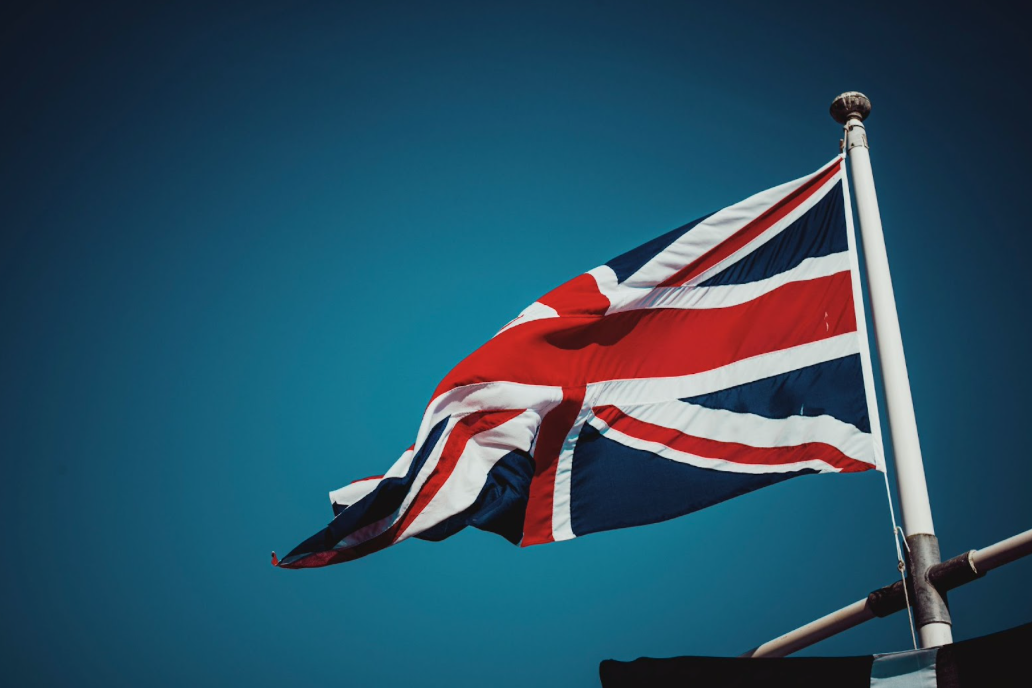In a surprise twist of political fortunes for the outcast politician, former British prime minister David Cameron was suddenly appointed as British foreign secretary after 7 years in the political doghouse.
Cameron, who resigned as prime minister in disgrace after the shocking 2016 Brexit referendum, has not been in Parliament since his resignation. This technically means that Cameron was not eligible for the role, since the foreign secretary must be a member of Parliament.
In an unprecedented move, Prime Minister Rishi Sunak appointed David Cameron to the House of Lords, the Parliament’s upper chamber.
Formerly a powerful institution, the House of Lords has evolved into a rubber stamp for the House of Commons, the lower chamber of Parliament. Cameron served in the House of Commons from 2001 to 2016, including time as leader of the opposition from 2005 until his election as prime minister in 2010.
All members of the House of Lords are lords, those who hold special titles or positions of authority in the United Kingdom. Rushing the decision, Cameron has yet to be given any title and is being tentatively referred to by the unofficial style “Lord Cameron” in the interim.
Lordships, also called peerages, have not been offered to any former prime minister since Margaret Thatcher in 1992. Furthermore, the choice of a lord as foreign secretary, even one as high-profile as Lord Cameron, is extremely unusual. The last lord to hold the job was Lord Peter Carrington in 1982, under Margaret Thatcher.
Cameron becomes the third former prime minister currently serving in Parliament, including Liz Truss and Theresa May. However, May and Truss serve in the elected lower chamber and not as lords.
The unusual reshuffle comes as embattled Prime Minister Rishi Sunak desperately seeks to maintain his majority in Parliament. The Conservative Party, of which Sunak and Cameron are members, has been in office since Cameron’s victory in the 2010 elections. The uninterrupted thirteen-year government has seen considerable controversies in recent years, especially under former prime ministers Boris Johnson and Liz Truss.
Johnson, who succeeded Cameron’s successor Theresa May, brought a populist slant to British politics. Coupled with his eccentric personality, Johnson earned the nickname “British Trump” – after American president Donald Trump. Johnson resigned in disgrace after the “party gate” controversy and fallout of a devastating report by civil servant Sue Gray.
The far-right Truss revealed a disastrous economic policy that caused her government to collapse, becoming the shortest-ruling prime minister in British history — lasting barely 49 days.
The “Liz Truss Lettuce” was a livestream organized by the Daily Star to see whether a head of lettuce would go bad before Liz Truss’ government collapsed.
Liz Truss lost to the lettuce.
In the wake of the shift to populism and the far-right in the Conservative Party, centrist Sunak is bringing the party back to mainstream politics.
The notoriously far-right Suella Braverman was sacked as foreign secretary so the centrist and experienced David Cameron could replace her. Described as a social and fiscal “liberal” among the Conservatives, Cameron’s appointment is a hail mary for the fledgling government to remain in power.
The opposition Labour Party, which Cameron himself unseated thirteen years ago, is surging ahead in the polls. Polling as of November 16 places Labour with a 27-point margin of victory over the Tories. Ironically, the Conservative government, which David Cameron ushered in all those years ago, may also end with his ushering in.
Richie Dockery is a Staff Writer. His email is rdockery@fandm.edu
